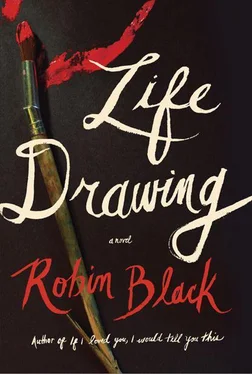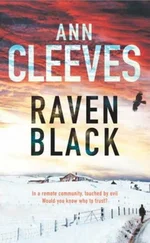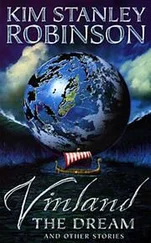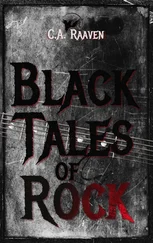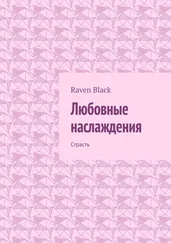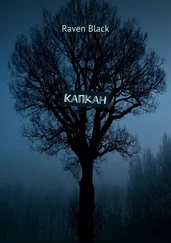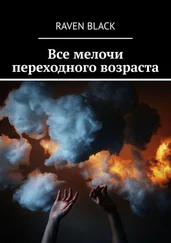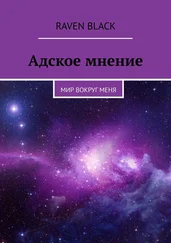I read it, silently first, and then aloud. I looked away, up to the sky, then out to a distant hill. A few turning trees, the early ones, stood out among the dark green mass. As I noticed that, I felt— something . A truck drove by, close enough to see, but not to hear. I looked again at the name and at the dates. And I forced myself to read them aloud again, then forced myself to know that Jackie’s body lay beneath my feet, his actual body — an exercise in imagining the real.
I sat on the ground and studied the Mayhews all around. His parents. His brother and brother’s wife — Kathleen’s parents. I imagined her visiting here, but saw no evidence, no old or new bouquets.
When Charlotte was buried, I knew I would never visit her.
Yet years later, I could feel my sister’s presence as I sat among the Mayhews.
Here was the mother. Harriet Mayhew, her flat stone seeming to mimic the crush of grief. And a brother, Thomas Mayhew, whose daughter Kathleen could tell me how he had mourned for Jackie his whole long life.
And here was Charlotte too. As if buried in among them. Charlotte. The missing set of hands reaching for my father’s few belongings. Charlotte, whose name could barely be spoken by her sisters, so tender were the injuries still. Charlotte. The one who would have made us stop by to see our father before leaving. She of the big, reliable heart.
Why had I come to this cemetery on this day? Not to weep over my sister, gone more than six years. Yet I did exactly that, head in hands.
Owen had already made dinner when I got home. He told me to have a drink and just relax. If he noticed that I’d taken longer than I might have, he didn’t mention it. I sent him out to the van to get the box from my father’s place.
A fire burned in the fireplace as we took the odd things out. I told him sweet stories about their history and he helped me find the right places in which to set them. I gave him the jade bookend to bring out to the barn. “Dad would want you to have something literary.” There wasn’t much at all. It didn’t take us very long. At some point, all of it dispersed, Owen asked me if I’d heard from Alison during the day.
“Or I thought maybe when you got home …”
I told him I hadn’t. “Why?”
We were sitting on the couch, my back leaning into his chest, his arm around me. “She had two hang-up calls during the night,” he said. “They seemed to have shaken her.”
“For real? Was it Paul?”
“She doesn’t know. They were on her cell but no number came through. Blocked.” Owen stood and walked to the fire. He poked at a log. “I think she assumes it’s him. But she said she isn’t afraid. Still, she seemed upset.”
“That’s all she needs. Do you think I should go over?”
“I told her she should come for dinner if it would help, but she said she was fine. She said she thought you might need some quiet time here tonight. She was concerned about how you spent the day.”
“Did you tell her to call if it happens again?”
“I did indeed. I told her exactly that.”
“It probably won’t,” I said. “Probably a wrong number.”
“I said that too. Anyway.” He put the poker down. “Anyway, I slaved over a microwave and thawed us some lasagna, so let’s go eat.”
I looked at the emptied box on the table in front of me. “I feel bad about Alison. You’re sure I shouldn’t …?”
“I’m sure,” he said. “She knows where to find us.” He reached for my hand. “Come on, Gus. It’s dinnertime. Let’s eat.”
I let him pull me to my feet. I would check on her after dinner, I resolved.
In deep dusk I trekked over the hill, coaching myself all the while on how to comfort a frightened friend. My father had so stressed to us the importance of being brave — by which he meant fearless. He wouldn’t brook worries about airplane flights or bears on camping trips or bullies at school or even illnesses, high fevers, racking coughs. The great mystery for me was always the degree to which he was like that — or in any way like the man I knew — before his young wife complained of a sharp pain in her head one morning and was dead by afternoon. Maybe his refusal to tolerate fear was part and parcel of his reluctance to talk about her, a general stance of denial. Or maybe it was closer to hopelessness. What was the point of worrying, when you could never know what bullet was aimed at your heart?
Either way, we grew up in an atmosphere of forced bravery, a condition that left me flummoxed by other people’s fears, even as an adult. A part of me longed to give the kind of comfort I had never received; but undeniably a steely sliver of my father’s sternness had slipped into my character. And so this strange self-reeducation as I pushed through the graying night, over the lawn between our homes.
There were people, I knew, who didn’t need to be so conscious of instructing themselves on how to behave. Alison herself was a natural at interacting with other people, in a way I never would be. Charlotte had been another such. You couldn’t ever detect a hitch between her responses and her true nature. A loving gesture flowed from her loving heart. But at forty-seven I still gave out kindness and warmth in starts and stutters, having to remind myself to do so all the while.
Alison and I sat in her kitchen. She looked upset, as Owen had reported, and also as though she hadn’t slept at all the night before. “It was probably just a one-time thing,” she said, but with no more conviction than I’d heard from the gravel-voiced nurse suggesting the same about my father.
“You look worried, though.”
“I suppose so. Yes. And no. I’m a little bit shaken, that’s all. Ever since Paul was here. And then the calls. I’m not afraid of him.” I must have looked skeptical. “Well, I’m a little bit afraid of him.”
I remembered the locked door from my very early visit to her home. “Would it help to stay with us for a while?”
She shook her head. “No. But that’s awfully nice of you. I’ll get past this. It occurred to me just this morning to turn off the damn phone. Funny, I think Nora would have done that after the first call, but I still think of phones as attached to the wall, not something where you just push a button and it’s gone. And I don’t want Nora unable to reach me.”
“If you need us, if you ever want to stay over …”
She reached across the table, touching my arm. “I can’t believe how lucky I was to land here,” she said. “Truly. But now, enough about the stupid calls. Tell me how it went at your father’s today.”
“Oh, it was fine. It was sad. Just what you’d expect.” I didn’t say anything to her about the cemetery, as I hadn’t to Owen either. I told her instead that I should probably go to bed, and I stood. “But don’t hesitate to come over if you need anything. Even just company,” I said. “You know where I am.”
Later, after I’d showered off the day’s institutional perfume and its cemetery air, a glare outside the window caught my eye. Every single light in Alison’s house was on.
Just months earlier this view had been of darkness, speckled at times with tiny, distant lights but more often, by this late hour, not. Now there was this bizarre, inexplicably upsetting house of light right next door, as though a spaceship had landed across the lawn.
Light. It was something I had been nurtured by my whole life. In fifth-grade science class when we’d learned the four elements, I was certain there had been a mistake. How could light not be one? When it seemed like it was everything to me?
I was still afraid of the dark then — eleven years old — and for a long time after, but my father, of course, didn’t believe in such things. I would turn the closet light on each night and it was always turned off by the time I woke up, sometimes even before I was asleep.
Читать дальше
